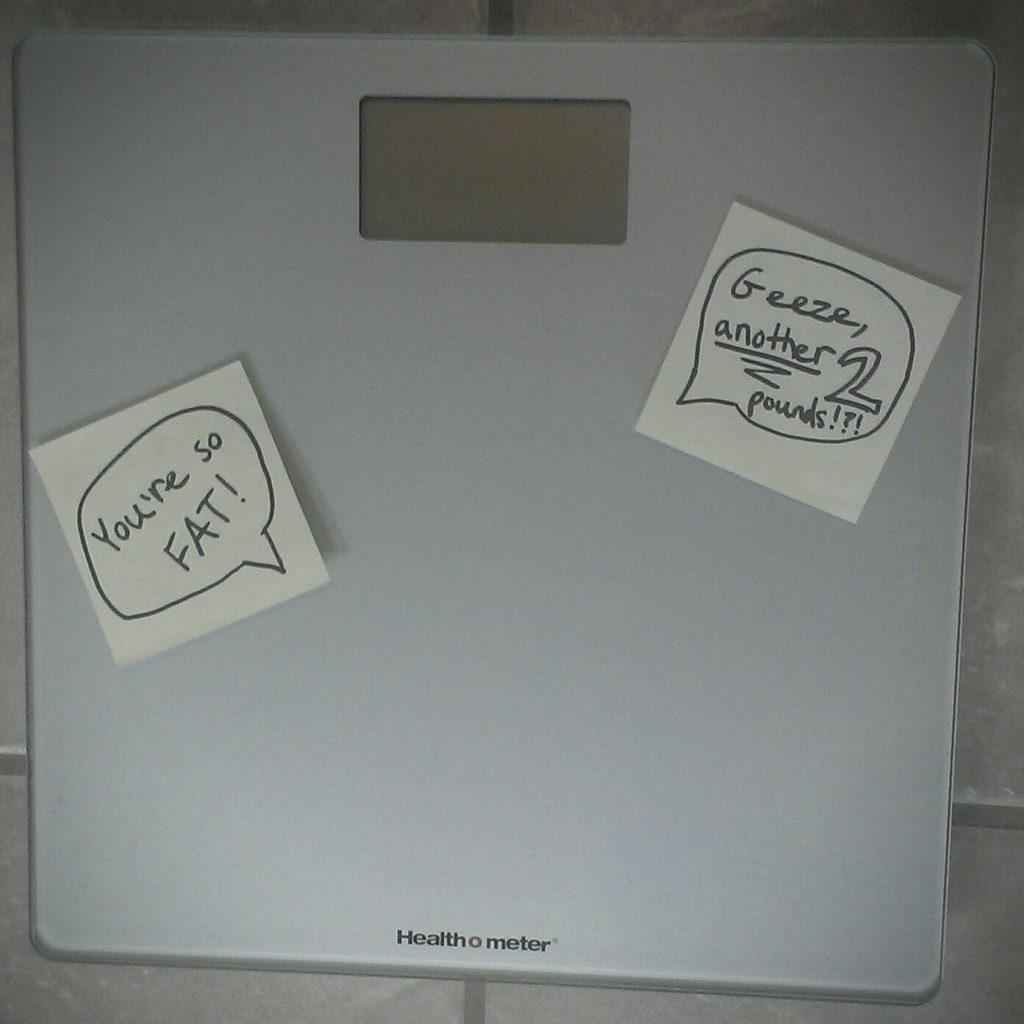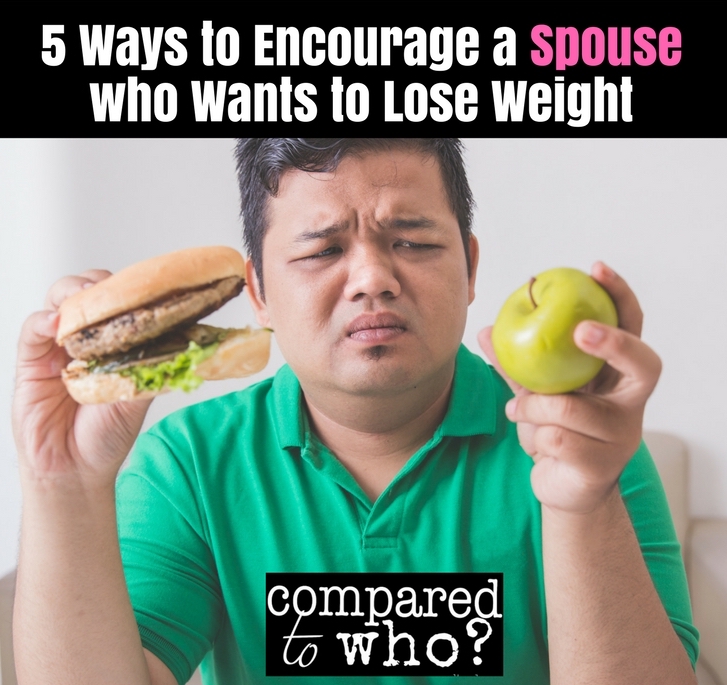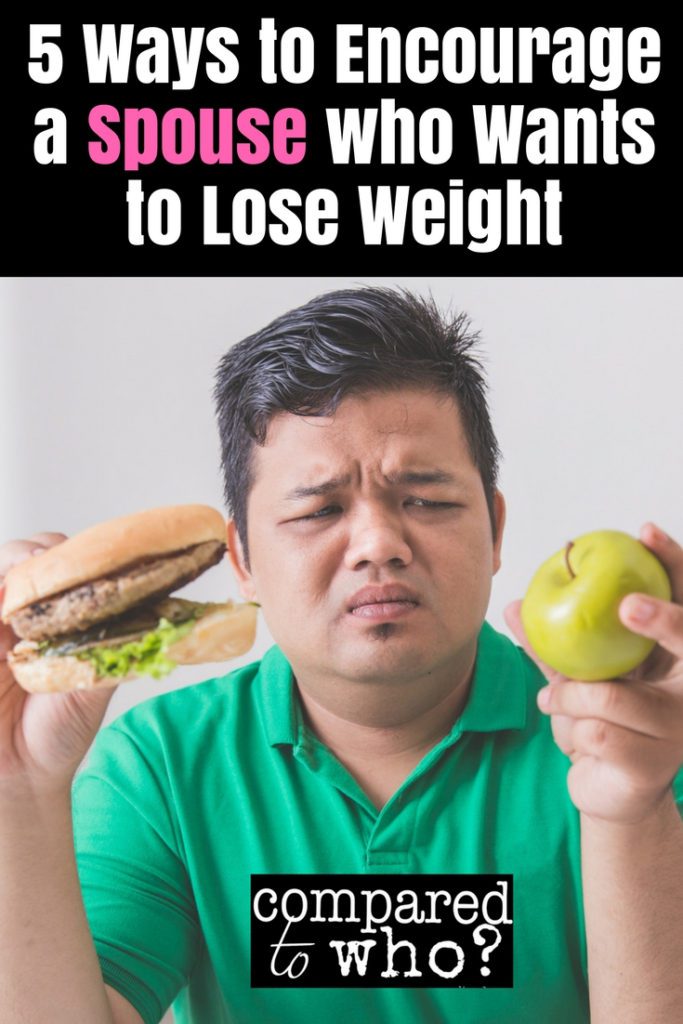Weight loss. Sigh. Seems like every commercial break from January ’til June gives me no fewer than three weight loss program options. Especially on Food Network. Goodness. Can’t I just watch them bake delicious concoctions without the every-seven-minutes reminders that I’m supposed to be losing weight? Ay yi yi. . .
If you’ve ever been on a diet, life in general can feel this way–a bombardment of reminders that you “need to lose weight” that you “should be thinner” or that you “can’t eat” certain foods. Who am I kidding? Diet or no diet–culture makes us feel like these objectives should be standard operating procedure for life. If you are breathing and you aren’t thinking about how to be skinnier . . . there’s something wrong with you.
I lived like this for decades. And, graciously, God showed me the pathway out of that cycle. Those lies about how my value connected to the number on the scale don’t plague me like they used to. (I wrote about my struggle and how I found freedom here.)
But, here’s another reality, some of us need to lose weight. It’s a health issue or, even more so, a my-life-on-earth-depends-on-it issue. I’ve been there. And, sometimes, in the quest to do something good for our bodies, we battle all those same feelings of wondering if our worth depends on our weight loss.
What if the one who’s struggling in their attempt to lose weight isn’t you?
What if it’s your spouse? That adds yet another wrinkle, doesn’t it. Perhaps you’re fine to eat what you want. Maybe you don’t struggle with portion control or food dependency or any of the other issues that some who battle to lose weight have to fight. How do you help that person you love meet their health goals without making them feel like you just want them to be skinny?
Here are five ways to encourage a spouse who wants to lose weight.
First: Always Reiterate Your Unconditional Love
It’s tough to succeed when fear’s the motivating force. If your spouse feels like you won’t love them UNLESS they lose weight, they’re never going to have the support they need from you to get healthy. Love and kindness motivate, fear shames. Sure, he or she may drop some pounds as a result of your shaming, but that weight will likely come back. Those habits won’t change permanently because they won’t feel safe.
If your spouse is dieting tell them frequently that you’re proud of them just the way they are and that you will love them just the same, whether or not they lose the weight. Tell them that you find them attractive already but you appreciate how hard they are working to make their body healthier.
Second: Do Not Become the Food Police
Nothing’s worse than feeling like someone else is watching your diet as much as you are. You are not the food police. Your spouse does not need you to tell them that they are eating the wrong things. (They know!) Questioning their second helping of spaghetti does not, ultimately, help them learn more self and portion control. Instead, it just goes back to what we talked about in number one: shame. Statements like, “Do you really need to eat that?” just cause shame. Shame is not the right framework for healthy weight loss initiatives to succeed.

Third: Eat What They Eat
The most helpful thing you can do for a spouse who’s trying to lose weight is to try to eat healthier with them. You don’t have to make a big deal out of it (in fact, I’d encourage you to NOT tell them you are doing the diet with them, then it can become a weight loss competition and offer a new level of discouragement!). Rather, just try to make healthy choices too. Instead of ordering dessert when you know your spouse is avoiding sweets, just skip it. Don’t bring home the leftover donuts from the office “for the kids” if you know your spouse will be tempted by them. Use the biblical principle, “Treat others as you want to be treated” when you consider your food choices and what will be in the category of a temptation for your spouse.
Fourth: Take the Conversation Deeper
If your spouse is dealing with food addiction, body image issues or comparison struggles, why not try to take the conversation a little deeper? Ultimately, even a successful dieter can’t keep the weight off permanently if there are underlying issues that drive an unhealthy relationship with food.
Did your spouse have an eating disorder earlier in life? (Or do they struggle with one now?) Does your partner seem to have food addiction? There are all sorts of resources available to help reach the deeper issues. Celebrate Recovery is a Christian group therapy program where you can find help and healing for lots of addictions, including food. They offer “help for life’s hurts.”
Or, talk to your pastor about recommending a good biblical counselor. I recommend that you go to counseling together at first. This way, you’ll be better able to understand the depth of your spouse’s struggle and will be better enabled to help support them emotionally.
You don’t know what messages they’re hearing in their head until you talk about it. Does your wife battle a barrage of thoughts that tell her she’s not valuable because of her weight? Does your husband believe that the number on the scale determines his worth?
Dig into this hidden thought world, find help and healing, and you’ll ultimately unlock your spouse’s ability to really live with renewed purpose in life.

Fifth: Celebrate When They Celebrate
It’s tricky to affirm someone who’s losing weight. Making comments like, “Wow, you’re looking good!” can be heard as, “You were really hideous a few pounds ago, but now I’m kinda liking your body again.” If your spouse feels like they’re under your microscope and your staring at their body watching for the ounces to fall off, they may crack under that pressure.
Instead, I suggest you celebrate when they celebrate. Take your cues from them and try to keep your comments contained to when they share their victories. When your mate gets off the scale and says, “Wow! I lost three pounds this week.” That’s the perfect time to say, “I love you so much and am proud of you for going for your goals. You always look great to me!”
Remember to keep your focus on your unconditional love and not on how much “better” your partner looks now that they’ve trimmed a few pounds.
What do you think? How have you learned to help a spouse who’s trying to lose weight?
If you’re trying to lose weight, how would you want your spouse to affirm and help you?






I wonder if you’d be open to exploring weight inclusive approaches to improving health. Consider checking out these two books:
1) Body Kindness: https://www.amazon.com/Body-Kindness-Transform-Health-Out/dp/0761187294/ref=sr_1_1?ie=UTF8&qid=1524166625&sr=8-1&keywords=body+kindness
2) Health At Every Size: https://www.amazon.com/Health-At-Every-Size-Surprising/dp/1935618253/ref=sr_1_1?ie=UTF8&qid=1524166645&sr=8-1&keywords=health+at+every+size
You’d be amazed at the research out there that actually supports that folks can improve health without losing weight. We know that pursuing weight loss is associated with weight gain and disordered eating. So why even encourage someone to lose weight? Especially when health improvement is possible without shedding a single pound.
Thanks for considering checking out these resources.
We love your body image promoting resources! We just feel like there’s no need to encourage others to lose weight “for health reasons”. The scale isn’t something a person can easily control. And pursuing weight loss (even “for health reasons”) comes with too many risks. Let’s promote nourishing and pleasurable eating and exercise patterns for everyone, which can improve health regardless of changes in weight, and can we drop the “lose weight for health reasons” piece? We’re afraid this message could be very triggering for some.
Thanks for listening.